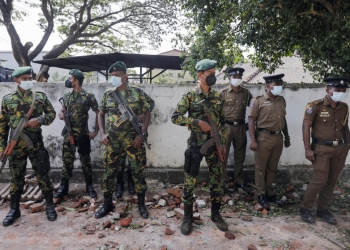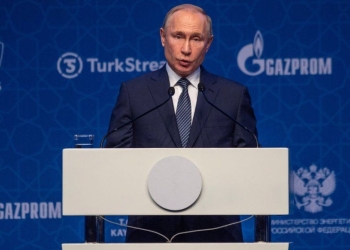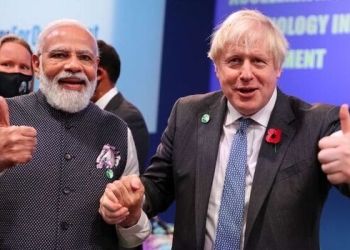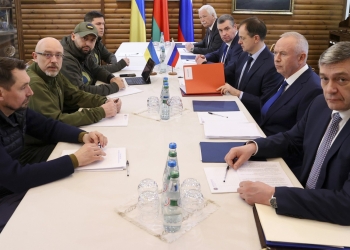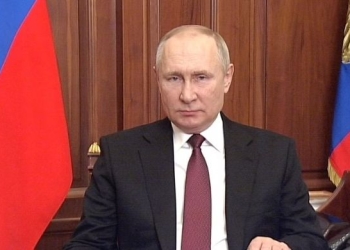The Chinese Foreign Ministry stated on November 13 that Chinese President Xi Jinping and US President Joe Biden will conduct a virtual meeting at the start of the week. On November 12, the White House issued a statement announcing the meeting, stating that the two leaders will discuss methods to “responsibly manage” bilateral competitiveness and “work together where On the night of November 15 in Washington/morning of November 16 in Beijing, our interests converge.”
India is one of the top ten countries in the world for climate technology investment
Cooperation on Climate Change
On November 10, China’s climate envoy, Xie Zhenhua, announced a bold climate agreement with the United States. Zhenhua made the statement during the United Nations Climate Change Conference in Glasgow. Though specifics are few, for the time being, the agreement symbolises the two economic competitors’ determination to set aside disagreements and collaborate on areas of common interest. Beijing and Washington also agreed in a joint statement to meet on a regular basis to discuss climate challenges. The agreement came after Biden chastised Xi for his lack of leadership in combating climate change. Because China is the world’s largest carbon polluter, his absence from the COP26 climate meeting drew considerable condemnation from other leaders. The United States and China are the world’s top two greenhouse gas polluters, accounting for over 40% of worldwide emissions.
Tensions over Taiwan are rising.
Tensions between the United States and China have been increasing over the democratically ruled island of Taiwan. China considers Taiwan to be a portion of its own territory, destined for ultimate reunification with the mainland by force if necessary. Earlier this month, Biden stated that his country had a “responsibility to defend” Taiwan, which US officials later retracted because it contradicted the US objective of preserving “strategic ambiguity” when it came to Taiwan. Biden’s remarks come after China flew a record number of military planes into Taiwan’s air defence zone for four days in a row, escalating tensions between the two countries.



